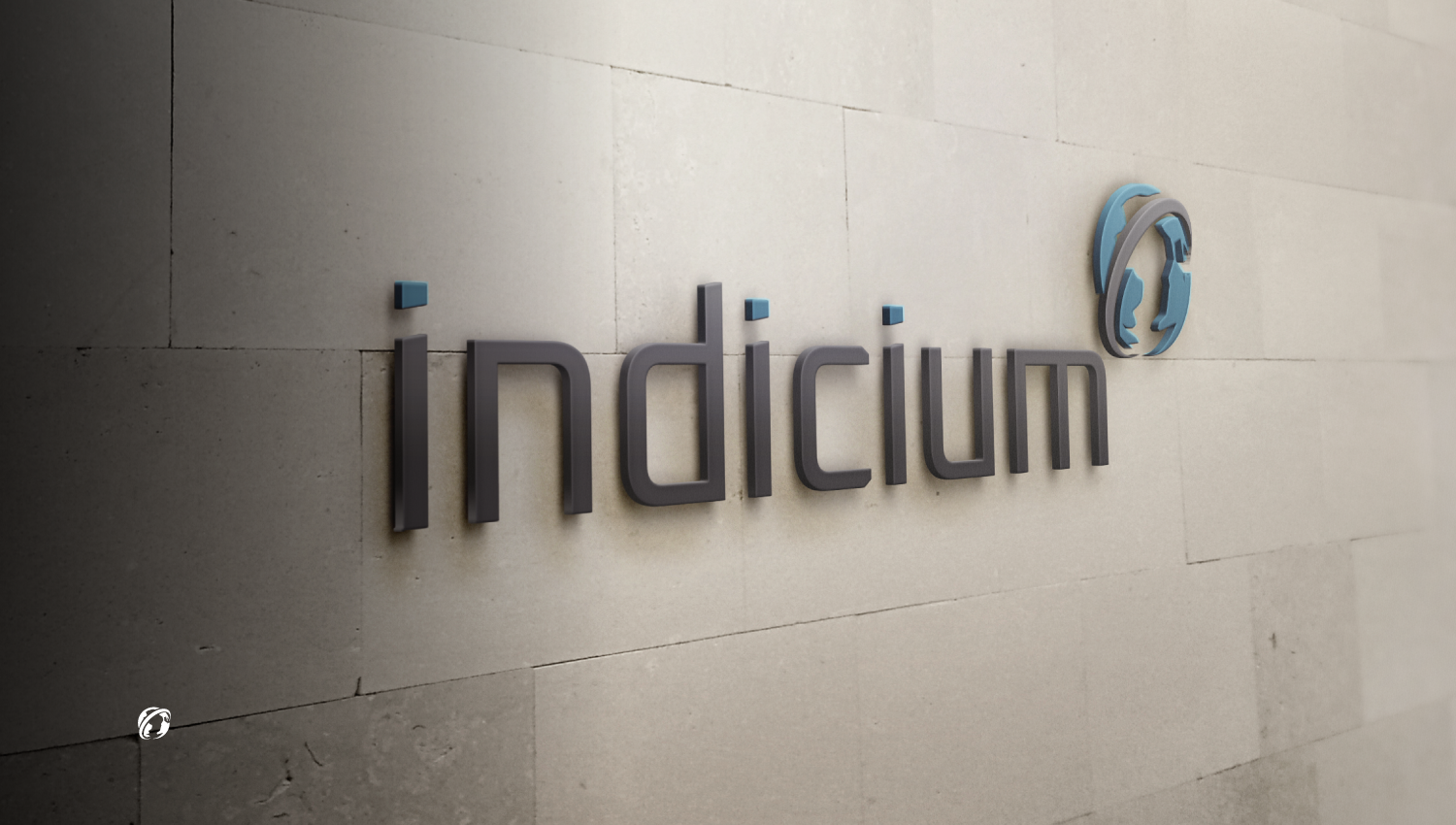.png)
Data Stack: learn about the 7 principles of the modern approach to data
In a competitive market, which calls for accurate and real-time information, the modern data approach emerges as a solution for companies to adapt their analytical capacity at their own pace, without absurd expenses, through the combination of innovative tools to build a modern, flexible and scalable data structure.
Good data infrastructure practices, from modernizing legacy systems or building new analytical frameworks, have been increasingly applied by organizations that want to advance in analytical competition.
In this way, the volume, speed and variety of data took on astronomical proportions. And the tendency is for this to increase even more in the coming decades.
Thus, the following problem arises: with the rapid advancement of new technologies and the increasing complexity of data operations, systems that once worked quickly become outdated and, in the blink of an eye, no longer meet the needs of modern business. .
How to solve this challenge?
The answer to meeting the growing market demand to process and manage data on a large scale is to invest in dynamic, changeable and flexible solutions, such as the modern data approach.
However, to build an efficient modern data approach, you need to know its main characteristics in depth.
In this post, you will have the chance to discover the 7 principles of one of the most modern data concepts.
Continue reading and check it out!
What is the Modern Data Stack?
The modern data approach (MDS) has several different names:
And many others…
However, even though there is no standardized nomenclature on the topic, its concept is the same.
In general, the modern data stack is the combination of best practices, analytical tools and technologies for creating flexible and adaptable data infrastructures.
Therefore, much more than an isolated technology, it is a modern approach that brings together the necessary elements to solve the data science and analytics challenges of modern companies.
The 7 principles of the modern approach to data
New tools and cutting-edge applications in terms of analytics emerge every day. Therefore, before implementing this approach in your organization, you need to understand the principles that guide it.
With that in mind, let's talk about the 7 principles that every modern approach to data needs to have.
1.Cloud-based
In the modern approach to data, an organization's data storage is completely cloud-based: in the cloud.
This highly scalable and flexible technology allows the storage and processing of a virtually infinite amount of data in an online and secure environment, reducing infrastructure, installation and maintenance costs.
With this, organizations can easily expand or reduce their data structure without worry.
2. Modularity
The modern data stack separates business rules from the steps of the ELT process , particularly in the extraction and loading phases.
With this, it is possible to use so-called third-party tools , third-party tools, such as Stitch and Fivetran , to continue the data integration process with low investment.
Furthermore, by applying this approach, the use of the right tools, incrementally, is simplified, accelerating project implementation.
3. Simplicity
In the modern approach to data, data transformation must be driven by simplicity. To achieve this, it must be developed centrally, preferably in one or a few widely known languages.
Therefore, instead of writing code in proprietary languages or drag-and-drop systems, this approach opts for the simplicity of programming languages, bringing other benefits such as:
- reduction of training costs
- less maintenance required
- democratization of information
4. Governance
As already mentioned, in the modern data stack, data storage and processing are entirely carried out in a cloud-based structure.
This way, all of a company's information is centralized and easily accessible in one place, simplifying data documentation and governance.
With this, the user can create permission logic and manage sensitive data in an integrated way.
And, to top it off, he doesn't need to worry about the security, maintenance and management of data resources stored in the cloud, as this responsibility lies with provider companies like AWS, for example.
5. Versioning
In the past, one of the greatest difficulties in working with databases was versioning control, essential in good modern software engineering practices.
Simply put, versioning is the ability to work collaboratively on a data project, without one person's work conflicting with another's.
But with the modern data stack these challenges are resolved. Do you know why?
Modern ELT tools used in this approach, such as DBT, separate the data model files, in SQL, from the database itself, solving this problem.
6. Separation of environments
The sixth feature of MDS is the possibility of creating different environments for separating raw data, data in transformation and final data through different schemas in the databases.
Like this?
Schemas are collections of objects created within a given database that allow the separation of environments into large datasets, facilitating the segmentation and administration of different data.
As a result, different users can enjoy benefits such as:
- access to different development environments
- collaborative work
- reduction of production errors
7. Testes
Finally, the modern data approach allows the centralization of good testing practices in the data project, as occurs in modern software projects.
With a testing system, the analyst can check whether the data, models and business rules are giving consistent results. And, given this information, it will be able to install alerts, if it notices that certain results are out of standard, for example.
In other words, tests are a principle of the modern data approach that guarantee the consistency and reliability of results.
Now that you know its characteristics, you can start building a modern data approach in your company.
Don't know how to start?
Our highly trained professionals can help you. Get in touch today here.

Daniel Avancini
Chief Data Officer

Isabela Blasi
CBDO and co-founder at Indicium




